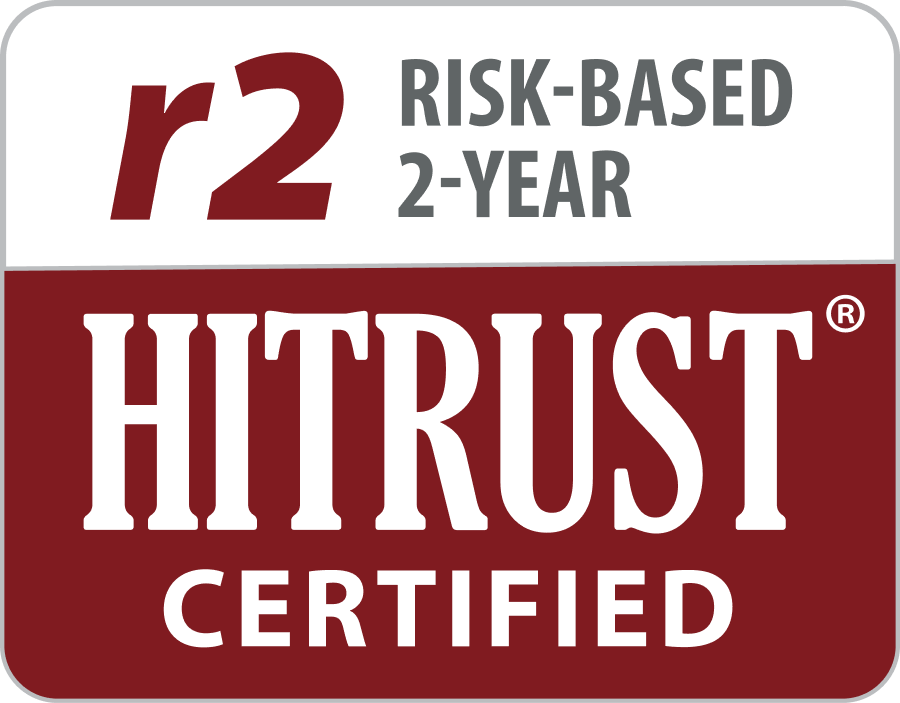
The proposed rule, Ensuring Access to Medicaid Services, includes changes to existing requirements and introduces new requirements.
The proposed regulations advance CMS’s efforts to improve access to care, quality and health outcomes; the regulations are intended to promote health equity across fee-for-service (FFS) and managed care delivery systems, including home and community-based services (HCBS). If finalized as proposed, the changes will impact several areas:
Access and Network Adequacy
• Revise and add new federal HCBS requirements to improve access to care, quality of care and beneficiary health / quality-of-life outcomes
• Establish maximum appointment wait-time standards for routine primary care, obstetric/gynecological services, outpatient mental health and substance-use disorder services, and a state-selected service
• Require secret-shopper surveys to monitor access based on appointment wait-time standards and provider-directory accuracy
Rate Transparency
• Replace existing access monitoring review plans
• Require FFS payment-rate transparency, comparative payment rate analysis, and payment rate disclosure for certain services
• Improve rate reduction or restructuring state plan amendment review process strategy through tiered-review approach; this approach would include a comparison of Medicaid payments to Medicare payments as an important basis for understanding whether Medicaid rates are likely to be sufficient
• Establish an advisory group that includes beneficiaries, providers and other interested parties to advise on current or proposed payment rates
• Require states to submit an annual payment analysis that compares managed care plans’ payment rates for certain services as a proportion of Medicare’s payment rate
• Website transparency for all required information, including the payment analysis
Home and Community-Based Services
• Require at least 80% of Medicaid payments for personal care, homemaker and home health aide services be spent on compensation for the direct-care workforce (as opposed to administrative overhead or profit)
• Establish standardized reporting requirements related to health and safety, beneficiary service plans and assessments, access, and quality of care
• Require minimum performance expectations related to incident management systems, critical incidents, assessments and service plans, and FFS-grievance systems
• Promote public transparency related to the administration of Medicaid covered HCBS through public reporting of quality, performance, and compliance measures
• Require states to submit an annual payment analysis that compares managed care plans’ payment rates for personal care, homemaker, and home health aide services as a proportion of the state’s Medicaid state plan payment rate
Beneficiary Voice and Engagement
Expand the scope of the Medical Care Advisory Committees
• Require a beneficiary-only group that feeds into the broader committee
• Require minimum requirements for Medicaid beneficiary and caregiver representation on the committee
• Website transparency
• As part of the Medicaid and CHIP Quality Rating System framework:
- Establish specific website display requirements to create a “one-stop shop” where beneficiaries can get information about Medicaid and CHIP eligibility and managed care, and can compare plans based on quality and other factors key to beneficiary decision making, such as the plan’s drug formulary and provider network
• Conduct enrollee experience surveys
State Medicaid agencies and related regulatory bodies have varying standards and requirements which can be difficult for health plans and providers to implement, monitor and maintain. The proposed changes are intended to help streamline some of the standards, establish a framework around rate transparency and home- and community- based services, and create more visibility and beneficiary engagement.
See proposed rules here. Public comments are due by July 3, 2023.
Contact ATTAC Consulting Group’s experts as you prepare for the potential upcoming regulatory changes and improve overall access to care.

